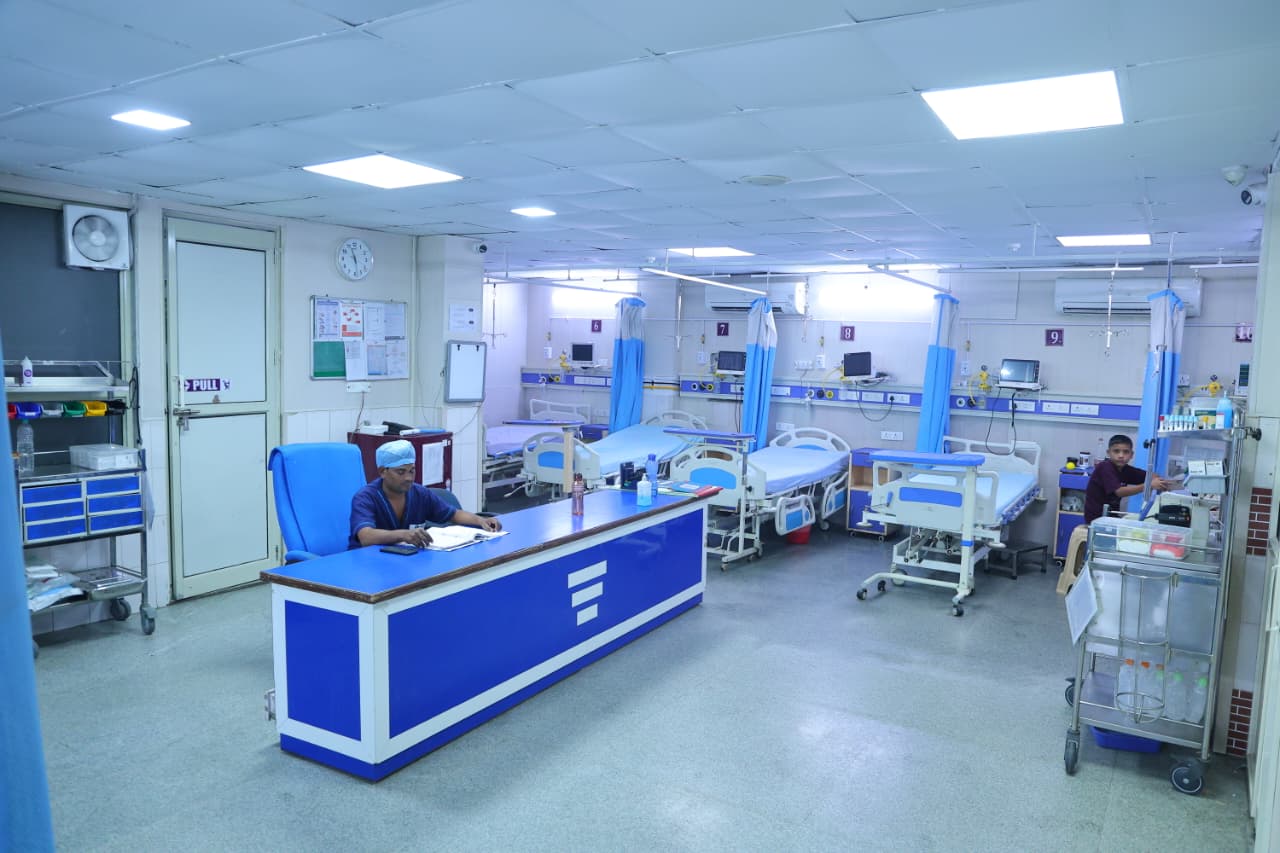
Healthcare Information Management Systems (HIMS) have become essential tools for enhancing efficiency, improving patient care, and ensuring regulatory compliance. If you're considering integrating HIMS into your healthcare practice, understanding the numerous benefits can help you make an informed decision.
Here are the top 10 advantages of implementing HIMS in your healthcare practice:
1. Enhanced Patient Care
HIMS provides healthcare providers with immediate access to comprehensive patient records, including medical history, treatment plans, and test results. This access enables more accurate diagnoses, personalized treatment plans, and better overall patient care.
2. Streamlined Operations
By automating administrative tasks such as scheduling, billing, and record-keeping, HIMS reduces the workload on staff. This streamlining allows healthcare professionals to focus more on patient care rather than administrative duties.
3. Improved Data Accuracy
Manual data entry is prone to errors, which can lead to significant issues in patient care and billing. HIMS reduces these errors by automating data entry processes and ensuring that patient information is accurate and up-to-date.
4. Enhanced Communication and Collaboration
HIMS facilitates better communication and collaboration among healthcare providers by providing a centralized platform where patient information can be easily shared. This leads to more coordinated care and improved patient outcomes.
5.Better Regulatory Compliance
Healthcare regulations, such as the Clinical Establishments Act and the Information Technology (Reasonable Security Practices and Procedures and Sensitive Personal Data or Information) Rules, mandate strict adherence to patient data privacy and security standards. Hospital Information Management Systems (HIMS) are designed to comply with these regulations, ensuring that your practice meets all legal requirements. By implementing HIMS, healthcare providers can ensure better regulatory compliance, avoid legal penalties, and maintain patient trust
6. Efficient Billing and Revenue Management
HIMS automates billing processes, reducing the time and effort required to manage claims and payments. This leads to faster reimbursements and improved revenue management, positively impacting the financial health of your practice.
7. Data Security and Privacy
Protecting patient data is dominant in healthcare. HIMS systems offer strong security features, including encryption, access controls, and audit trails, to safeguard sensitive information against unauthorized access and breaches.
8. Patient Empowerment
Many HIMS include patient portals that allow patients to access their medical records, schedule appointments, and communicate with their healthcare providers. This empowerment leads to more engaged patients who are active participants in their own care.
9. Scalability and Flexibility
As your practice grows, HIMS can easily scale to accommodate increased patient volumes and expanded services. This flexibility ensures that the system can evolve with your practice’s needs without requiring significant services. With cloud-based HIMS, scalability is even more pronounced. These solutions allow for seamless expansion without needing additional on-site hardware or complex IT adjustments. They enable quick addition of new users, integration of functionalities, and adaptation to regulatory changes with minimal disruption. Furthermore, cloud-based HIMS offers remote access, allowing healthcare providers to manage their practice and access patient information from anywhere, ensuring continuous care and operational efficiency.
10. Data-Driven Decision Making
HIMS provides valuable insights through data analytics, helping healthcare providers make informed decisions. Analyzing trends, treatment outcomes, and patient demographics enables practices to improve care quality and operational efficiency.
Conclusion
Implementing a Healthcare Information Management System (HIMS) in your practice can revolutionize how you deliver care and manage operations. From enhancing patient care and ensuring data accuracy to improving communication and streamlining billing, the benefits are substantial. As healthcare continues to evolve, embracing HIMS is a strategic move that can position your practice for long-term success and sustainability.
Recent Posts

Get Free
Consultations
Special Advisors









Role of SOPs in Hospital Efficiency